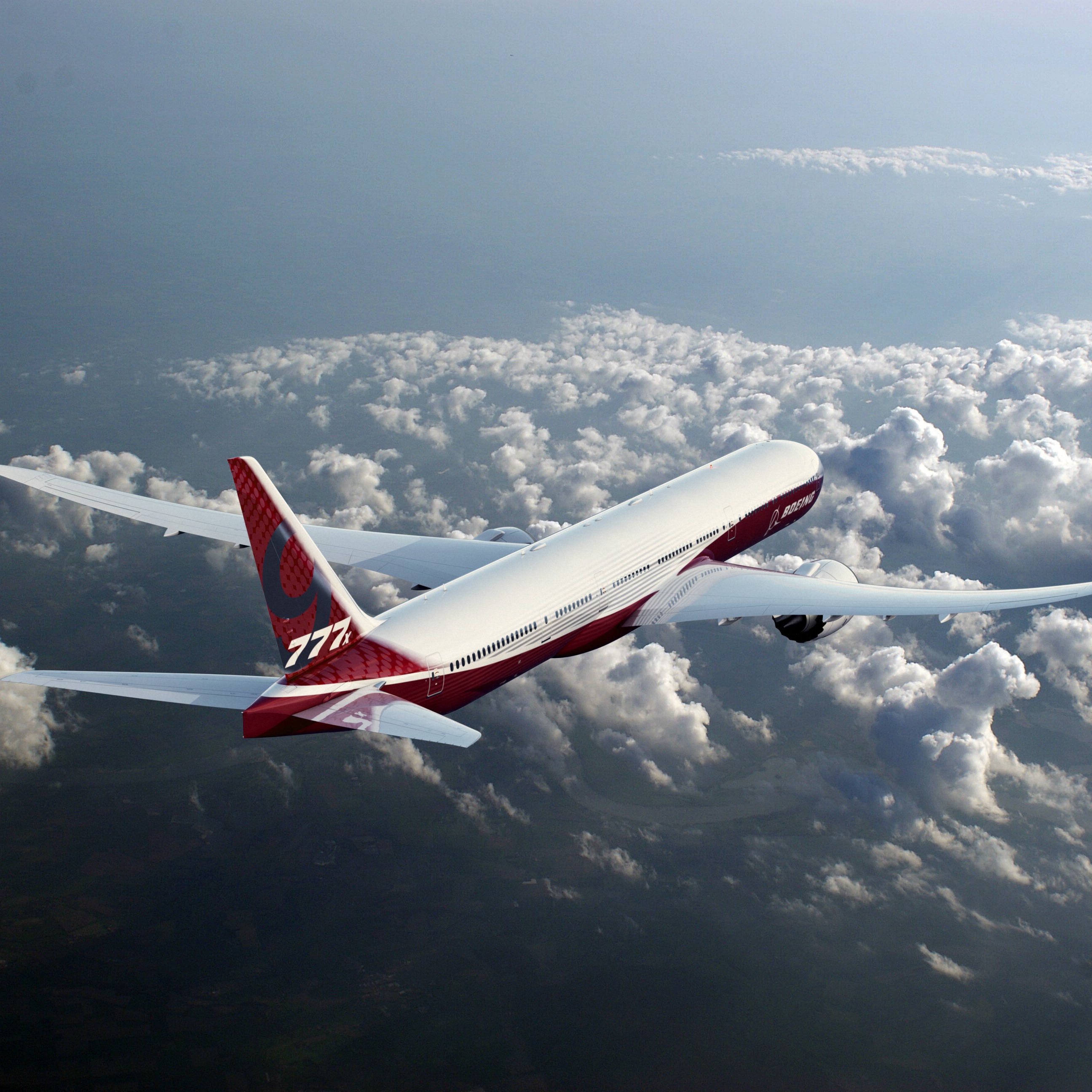Military
Will the Airbus Restructuring Force Big Changes at Boeing?

Published:
Last Updated:

Airbus confirmed over the weekend the reports on Friday that the company was merging its commercial aircraft division’s headquarters with the group’s headquarters. An unspecified amount of cost savings is expected as the move will result in those famous synergies that typically involve firing people.
Should Boeing Co. (NYSE: BA) be worried? On the face of it, there appears to be little new threat from a management reshuffle at Airbus, but if the changes at the top are only the beginning, Boeing might want to begin doing some hard strategic thinking.
Both companies have suffered from a slowdown in new orders since the end of 2014. That is not going to improve anytime soon, but both companies also have years-long backlogs to help tide them over. Other things being equal, Airbus should perform better than Boeing through this period.
All things, however, are not equal. Airbus faces a decision on whether to put new engines on its superjumbo A380. In fact it has faced this decision for a couple of years now, and it has stalled because it has just one customer (Emirates airlines). Production of Boeing’s 747 is slowing down and the iconic airplane may disappear from the company’s price list in the next year or so. The market for jets of this size, never very large, continues shrinking.
The other bits of bad news for Airbus are the massive cost overruns on its A400M military transport and the delays in delivering the A350 passenger jet. Airbus wrote off a combined €1.4 billion in the second quarter for these programs. Neither problem is entirely solved, nor is the reworking of the Pratt & Whitney engine that powers the company’s A320neo single-aisle competitor to Boeing’s 737. These, however, look to be bumps in the road rather than life-threatening cliffs.
Boeing’s problems are different and, by some accounts, worse. In addition to slowing sales, the company is having serious trouble getting new orders for its twin-engine, dual-aisle 777 to keep the production line going until the new 777X is ready for deliveries in 2019. The new 737 MAX airplanes will begin deliveries next year, but Boeing was slow coming up with the design for this competitor to the A320neo and that cost the company orders.
Over at Leeham News, Scott Hamilton cites a research report on Boeing and Airbus released last Friday by analysts at Goldman Sachs, a consistent Boeing bear. Goldman rates Airbus a Buy and Boeing a Sell:
In our view, today is a rare time where one [company]’s product set (Airbus) is meaningfully stronger that the other’s (Boeing.) We think significant market share shifts could occur, without a pricing response from Boeing. And we think Boeing may need to invest significantly in multiple new aircraft, over time.
We wrote last week that Boeing is considering developing two new aircraft: one, a stretched version of the 737 MAX 9 to carry an additional 12 to 18 passengers; and the other a clean-sheet replacement for 757 and 767 known variously as the middle-of-the-market or new mid-size aircraft (NMA). Goldman Sachs believes that the Airbus A321neo and A330neo cover that market adequately and will be available before any new design from Boeing is ready for delivery.
One last note from Goldman: the analysts predict that free cash flow could quadruple at Airbus and decline by 30% at Boeing due to the availability of the A321neo over a still nonexistent variant from Boeing. Because Boeing argued that cash flow is the most meaningful metric of the company’s performance, any decline is seriously bad news for Boeing.
The restructuring Airbus has announced is nothing more than a cost-saving measure intended to improve profitability. If one believes the Goldman analysis, simplifying management just adds to the company’s already commanding lead in products. It’s a relatively easy fix that can produce results fairly quickly.
Boeing has tried to lower its costs as well, but mainly by putting the squeeze on suppliers. This is more difficult to achieve than firing some middle managers. Even if Boeing were to follow Airbus’s lead, the impact would be relatively small.
Boeing’s choices are more expensive and have larger implications. Can it squeeze enough cost out of its suppliers? Can it afford to develop two new planes? Can it complete the programs in time to be competitive with Airbus? Stay tuned.
Finding a qualified financial advisor doesn’t have to be hard. SmartAsset’s free tool matches you with up to 3 fiduciary financial advisors in your area in 5 minutes. Each advisor has been vetted by SmartAsset and is held to a fiduciary standard to act in your best interests. If you’re ready to be matched with local advisors that can help you achieve your financial goals, get started now.
Thank you for reading! Have some feedback for us?
Contact the 24/7 Wall St. editorial team.